‘We can do better’
October 25th, 2021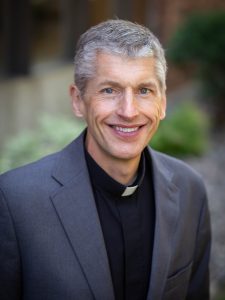 By Pastor Craig Pederson
By Pastor Craig Pederson
Over the past 18 months the effects of the pandemic, racial justice awakening, and economic disruptions continue to unfold in unpredictable ways. As they do, new insights emerge that help us understand the seismic changes we are experiencing.
In recent months, one trend that has been increasingly reported and analyzed is being called the “Great Resignation.” Echoing other historic events in the American economy like the Great Depression and the Great Recession, the Great Resignation describes the phenomenon of workers across many sectors of the economy leaving their jobs in droves. These “resignations” have different motivations: Some workers leave to take higher paying jobs in a labor-hungry economy; some leave to escape poor working conditions that they have endured for too long; some are shifting career paths to pivot away from the stresses of their current profession; and some are leaving the workforce entirely to take a break.
“Workers saying ‘enough!’”
In a recent article in the Atlantic, staff writer Derek Thompson takes a deeper look into the impacts of the Great Resignation. He suggests this trend will shape the post-pandemic economy for years to come. But while resignation is often seen as a negative, that’s not necessarily so in this case:
“Quitting is a concept typically associated with losers and loafers. But this level of quitting is really an expression of optimism that says, We can do better. … Americans seem to be done with sticking it out. And they’re being rewarded for their lack of patience: Wages for low-income workers are rising at their fastest rate since the Great Recession. The Great Resignation is, literally, great.”
IN ADDITION TO resignations, the writer identifies three other “Great R’s” shaping our experience:
The Great Rudeness: Unruly passengers on airlines, belligerent clients in restaurants and other service industries, and hostile customers in retail stores have all contributed to a movement of workers saying “enough!” They are leaving for other job opportunities or exiting the labor force entirely.
“Derek Thompson suggests the Great Resignation will shape the post-pandemic economy for years to come.”
The Great Reset: Office closures and work-from-home arrangements during the pandemic blurred the lines between family and professional boundaries of time and space. Workers are reevaluating their sense of identity and purpose in relation to their jobs, and they are less inclined to anticipate working beyond traditional retirement ages.
The Great Reshuffling: The necessity of conducting business online rather than in person has expanded the parameters of what is possible, productive, and profitable in commerce. Rootedness in a specific geographic location carries less value. Employees can increasingly work and live anywhere, and businesses need not conglomerate in cities or regions that used to be considered essential hubs.
WHEN I APPLY these “Great R’s” as filters to our church life, I see striking similarities.
In terms of resignations, we have seen a significant increase in our synod in the number of pastoral transitions taking place since the late spring of this year. Some pastors had been delaying their retirements and other pastors were deferring their discernment of new calls as they worked with their congregations through COVID. A few pastors decided it is time to step away from ministry completely for a while. In addition, some congregations held off the calling of a new pastor (and some still are) until they had a better sense of what a “new normal” might look like in congregational life.
Regarding the Great Rudeness, sadly I have to say we’ve also seen evidence of this in our churches. In some cases the cause has been COVID-related tensions over in-person vs. online worship (or how to do both), and mask/distancing/vaccine protocols. In other cases the cause has been disagreements about the role of the church in addressing racial and economic justice concerns. Churches are often places where different points of view are held and even encouraged, but over the past 18 months we synod staff have been called into situations where the meanness and rancor of both church members and leaders are not befitting of the body of Christ.
“Any pastor or musician who has led an online worship service from their living room, or an online bible study from the kitchen table, knows about the blurring of work/home lines.”
As for the Great Reset, any pastor or musician who has led an online worship service from their living room, or an online bible study from the kitchen table (while their children may be doing schoolwork on the other side of the table!), knows about the blurring of work/home lines. We have also heard about the difficult shifts needed to do pastoral care and community outreach when person-to-person contact is restricted. Yet, God’s people have continued to find creative ways to live out their mission and calling.
And, with the Great Reshuffling, even as church leaders work to reestablish in-person community and to embody the incarnational nature of the church, the availability of online worship and ministry programming has altered and expanded notions of church “membership.” Zooming in on Sunday morning from your bedroom at home or from a cabin up north gives great freedom for participation; it also has allowed for engagement with multiple churches, some of which aren’t even in geographic proximity. And as pastors evaluate what is important in their own sense of call, they are increasingly intentional about seeking a better alignment of their own gifts and passions, their family’s needs (both nuclear and extended families), and their congregation’s openness/willingness to change for the sake of the gospel.
The circumstances that generated these “Great R’s” have been challenging indeed. My hope is that, as we continue to work through the challenges, we hold before us the optimism and faith that we can do better. Our churches, our leaders, and our communities are counting on it!


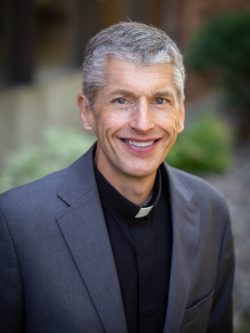
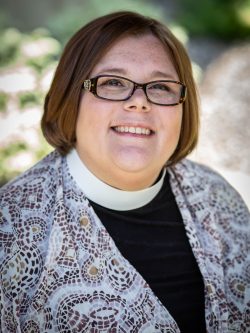
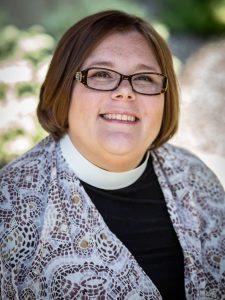 By Pastor Norma Malfatti
By Pastor Norma Malfatti 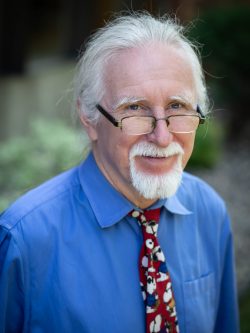
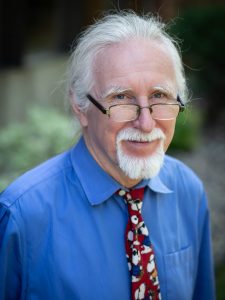 By Bob Hulteen
By Bob Hulteen 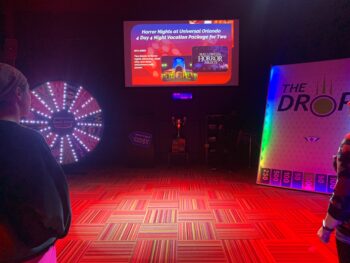
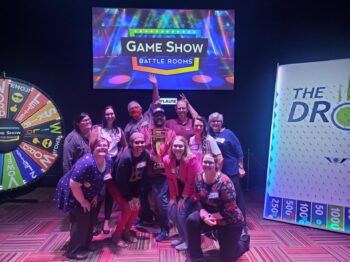

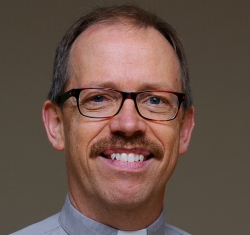
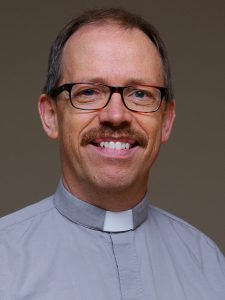 By John Hulden
By John Hulden 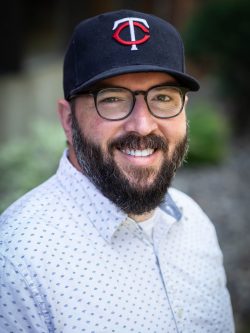
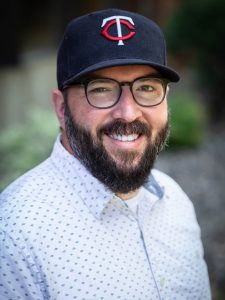 By Nick Tangen
By Nick Tangen 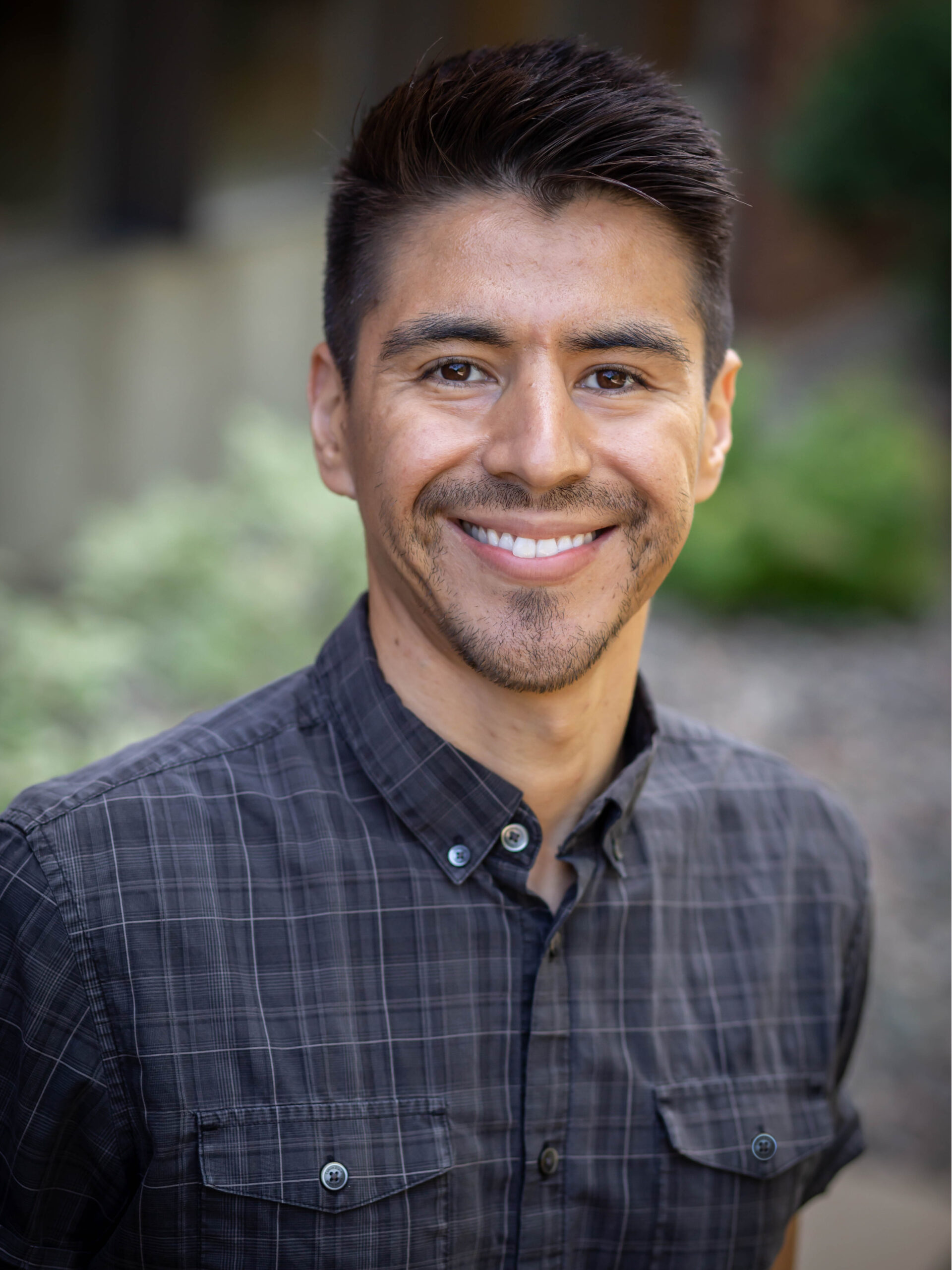
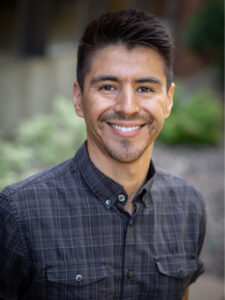
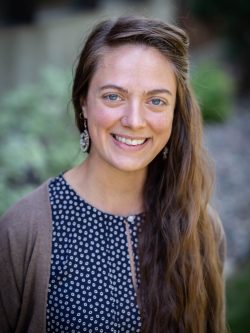
 By Emilie Bouvier
By Emilie Bouvier 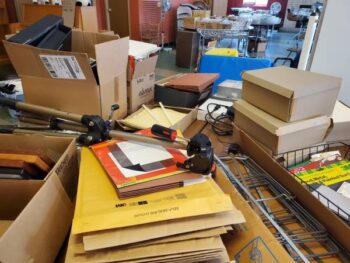

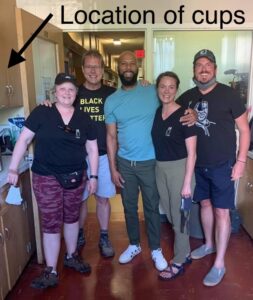
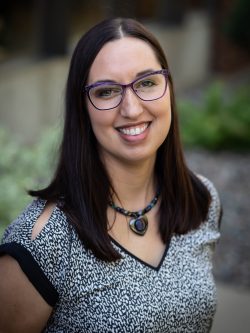
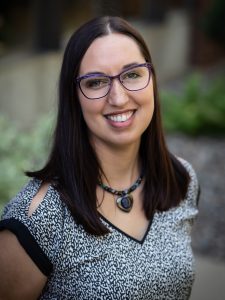 By Brenda Blackhawk
By Brenda Blackhawk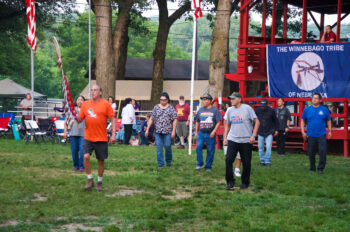
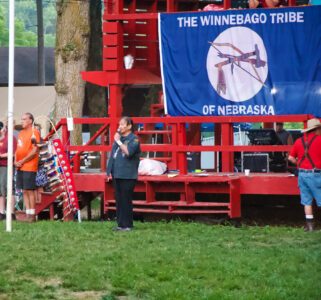 I’m not exactly a morning person, but I put myself together and walked down to the arena with my Nikon. The flag raising ceremony is much more than simply lifting up the 50 or so flags. (There are usually more than 75, but attendance was lower due to to COVID-19.) A drum group played special songs as the flags rose toward the sky. Then, they played four warrior songs and we danced, with one veteran leading as he (or she) carried the eagle feather staff. It all ended with prayer, storytelling, and a meal.
I’m not exactly a morning person, but I put myself together and walked down to the arena with my Nikon. The flag raising ceremony is much more than simply lifting up the 50 or so flags. (There are usually more than 75, but attendance was lower due to to COVID-19.) A drum group played special songs as the flags rose toward the sky. Then, they played four warrior songs and we danced, with one veteran leading as he (or she) carried the eagle feather staff. It all ended with prayer, storytelling, and a meal. 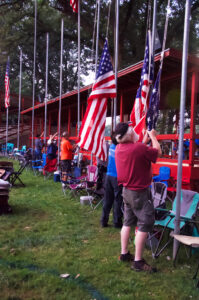
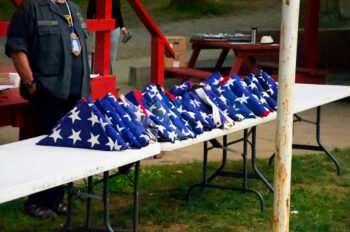 But the second thought I had after hearing Mr. Ladd’s words, was that this nation has made enemies of their neighbors. We are so divided by the categories we’ve created for ourselves. Republicans are the enemies of Democrats; conservatives vs. liberals; rural vs. urban; dog people vs. cat people (that last one was meant to lighten the mood).
But the second thought I had after hearing Mr. Ladd’s words, was that this nation has made enemies of their neighbors. We are so divided by the categories we’ve created for ourselves. Republicans are the enemies of Democrats; conservatives vs. liberals; rural vs. urban; dog people vs. cat people (that last one was meant to lighten the mood).